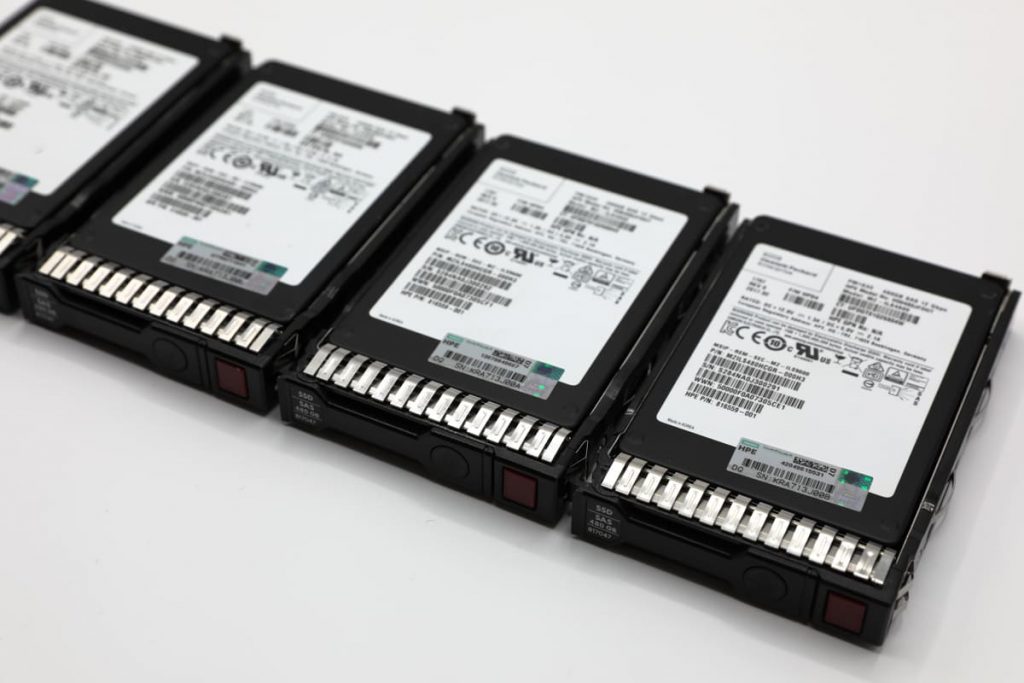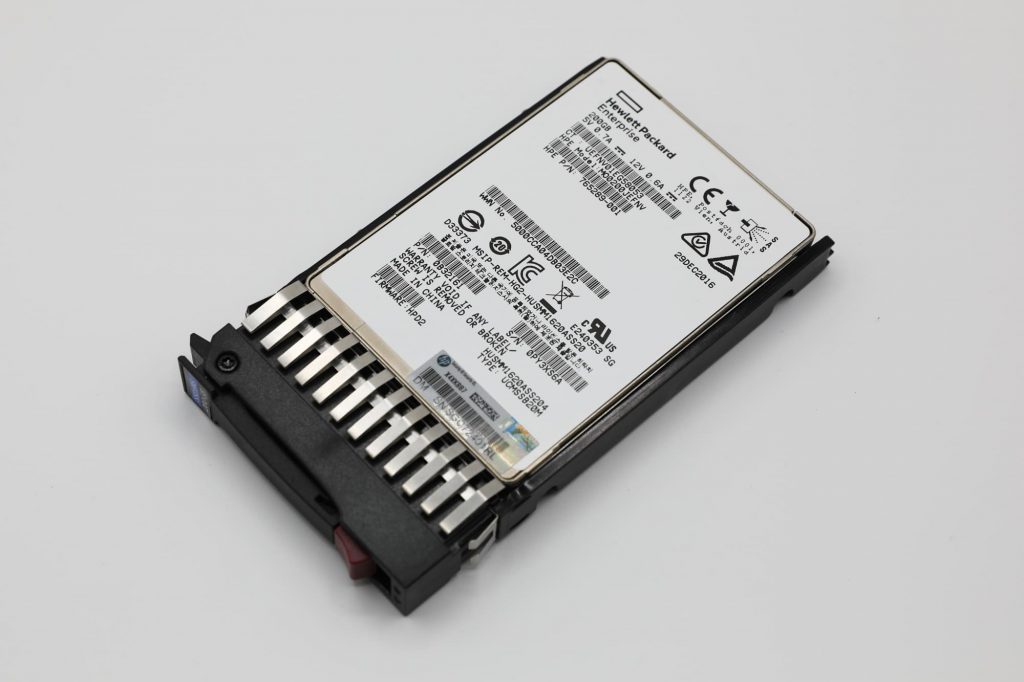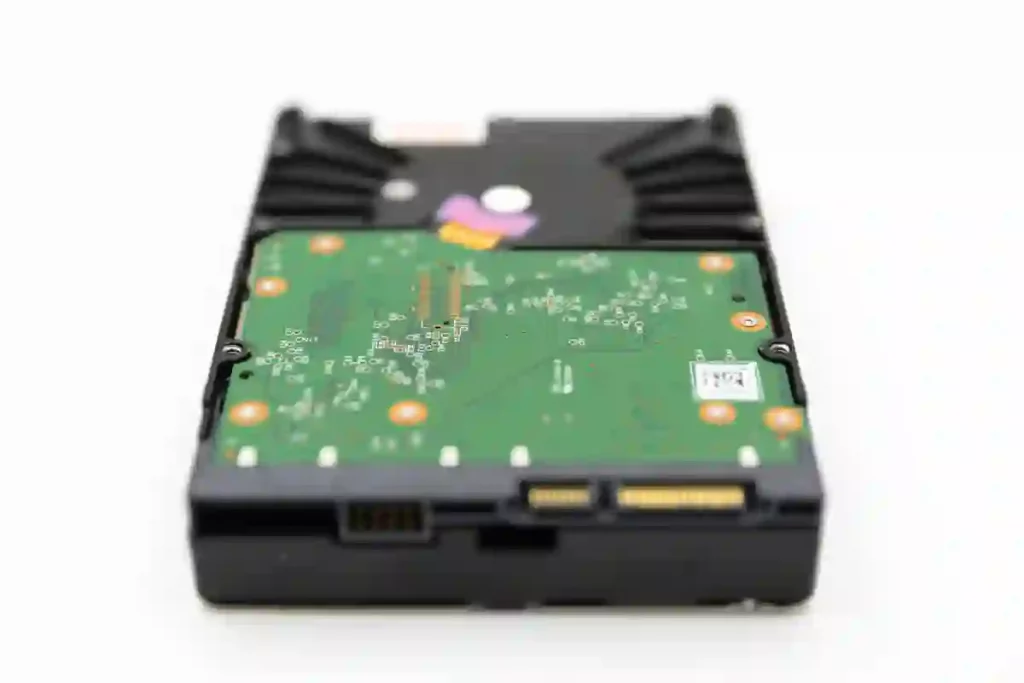In today’s digital age, data plays a crucial role in both personal and professional spheres. With the exponential growth of digital information, businesses and individuals alike are increasingly relying on RAID (Redundant Array of Independent Disks) setups to store and safeguard their data.
However, even the most robust systems are not immune to failure, and RAID hard drive failure can have disastrous consequences. In this blog post, we will explore the causes of RAID drive failure and suggest preventative measures and data recovery services to address RAID data loss.
Causes of RAID Drive Failure
Hardware Malfunctions
Just like any other electronic device, hardware components in RAID systems can malfunction over time. This includes hard drive motor failures, controller card issues, and problems with connectors and cables. Any of these failures can disrupt the entire RAID array, leading to data loss.
Multiple Drive Failures
RAID systems are configured with multiple drives working in unison. If more than one drive fails simultaneously or within a short timeframe, the entire RAID array can become compromised. This is especially true for RAID levels with lower redundancy, such as RAID 0.

Human Error
Mistakes made by users or IT administrators can also lead to RAID failure. Accidental formatting, improper reconfiguration of RAID settings, or mistakenly replacing functional drives can result in data loss.
Software Corruption
RAID systems rely on both hardware and software components. Software corruption due to viruses, malware, or operating system errors can impact the integrity of the RAID setup and cause data loss.

Environmental Factors
Environmental factors like temperature fluctuations, humidity, power surges, and natural disasters can damage the physical components of the RAID system, leading to failure.
Preventative Measures
While complete prevention of RAID hard drive failure is not always possible, there are several measures that individuals and businesses can take to minimize the risk and impact of data loss:
1. Regular Backups. Implement a comprehensive backup strategy that includes both onsite and offsite backups. Regularly backing up your data ensures that you have a recent and secure copy available in case of RAID failure.
2. Quality Hardware. Invest in high-quality hard drives, controller cards, and other hardware components. Cutting corners on hardware can increase the likelihood of failure.
3. Proper Ventilation. Ensure that your RAID system is placed in a well-ventilated area with proper airflow. Overheating can significantly reduce the lifespan of your hardware components.
4. Uninterruptible Power Supply (UPS). Use UPS devices to protect your RAID system from sudden power surges or outages. A UPS provides temporary power during an outage, allowing the system to shut down properly and preventing data corruption.
5. Regular Maintenance. Schedule routine maintenance checks to identify and address potential hardware or software issues before they lead to failure.

Data Recovery by RAID Recovery Services
Despite taking preventative measures, RAID hard drive failure can still occur unexpectedly. When disaster strikes, having a reliable data recovery service like RAID Recovery Services can make all the difference. RAID Recovery Services specializes in recovering data from RAID arrays and offers a range of services tailored to tackle RAID drive data loss.
RAID Recovery Services boasts a team of experienced data recovery professionals who are well-versed in the intricacies of RAID systems. Whether it is a RAID 0, RAID 1, RAID 5, or more complex setups like RAID 6 or RAID 10, our experts can handle it all.
RAID Recovery Services engineers utilize cutting-edge data recovery tools and techniques to retrieve data from failed RAID systems. We have the capability to rebuild RAID arrays, repair damaged hardware, and extract data from corrupted drives.
Each RAID failure is unique, and our team understands that a one-size-fits-all approach will not suffice. We tailor our data recovery solutions to the specific RAID configuration and failure scenario, maximizing the chances of successful data retrieval.
Our company offers emergency data recovery services for situations where time is of the essence. Our quick response and efficient recovery processes aim to minimize downtime and mitigate the impact of RAID failures on businesses.
While RAID setups offer enhanced data protection and performance benefits, they are not immune to failure.
Understanding the causes of RAID hard drive failure, implementing preventative measures, and having a reliable data recovery service like RAID Recovery Services are all essential components of safeguarding your valuable data. By being proactive and prepared, you can navigate the challenges of RAID drive failures and minimize the potential disruption to your operations and digital assets.
Frequently Asked Questions
What is RAID, and why is it susceptible to failure?
RAID (Redundant Array of Independent Disks) is a technology that combines multiple hard drives to improve data storage, performance, and redundancy. While RAID systems are designed to enhance data protection, they are not immune to failure. Hardware malfunctions, multiple drive failures, human errors, software corruption, and environmental factors can all contribute to RAID failure.
Can RAID failure be prevented entirely?
While complete prevention is challenging, there are effective measures to minimize the risk. Regular backups, investing in quality hardware, proper ventilation, using uninterruptible power supplies (UPS), and scheduling routine maintenance checks can significantly reduce the likelihood of RAID failure.
How can I identify a RAID failure?
Signs of RAID failure include system slowdowns, unresponsive drives, unusual noises from hard drives, and error messages during system boot-up. If you suspect RAID failure, it’s best to stop using the system immediately to prevent further damage and seek professional help.
What should I do if my RAID system fails?
If you experience RAID failure, avoid any attempts to fix it yourself, as improper actions can worsen the situation. Instead, contact a professional data recovery service like PITS to assess the situation and provide expert assistance.
What RAID configurations can RAID Recovery Services handle?
RAID Recovery Services can handle a wide range of RAID configurations, including RAID 0, RAID 1, RAID 5, RAID 6, RAID 10, and more. Their experts are well-versed in the complexities of different RAID setups.